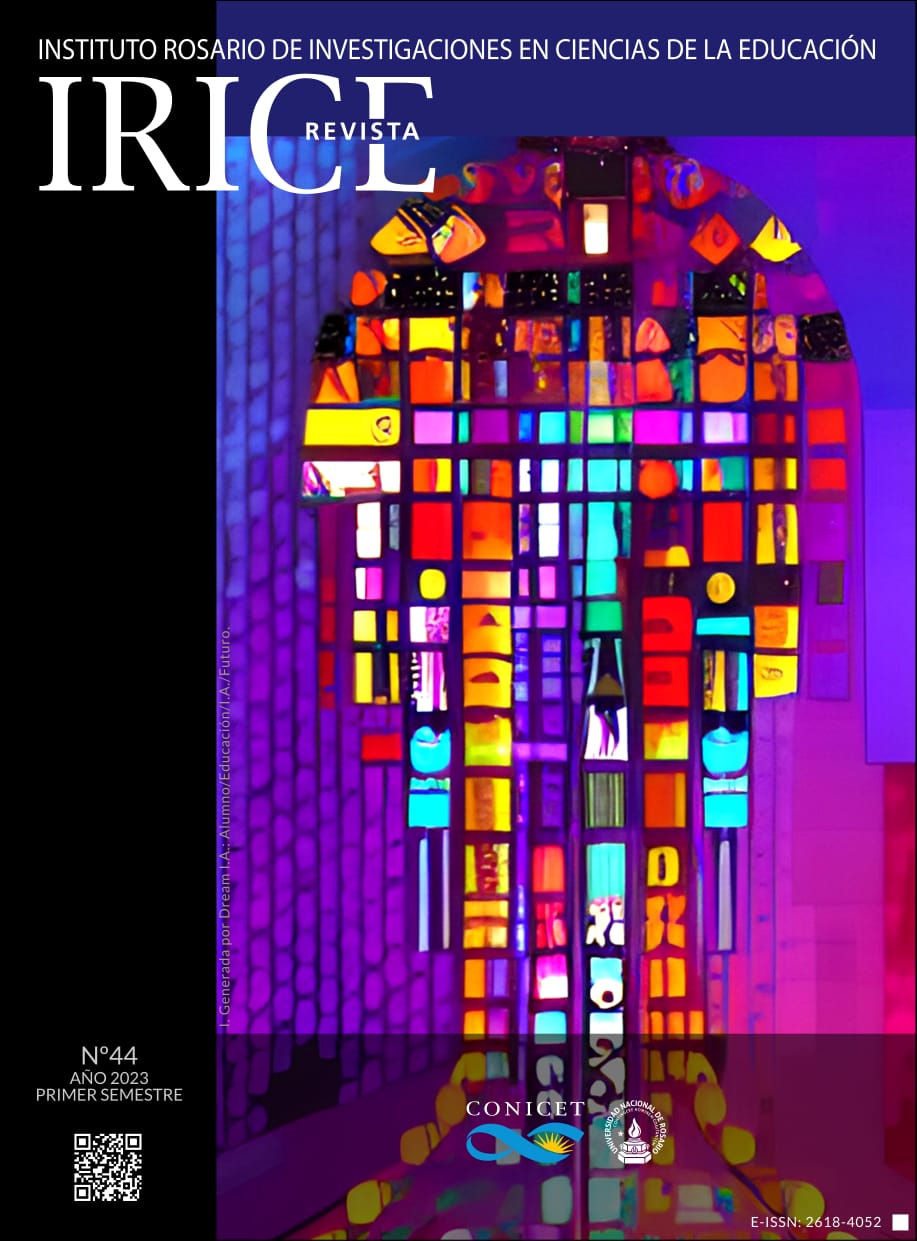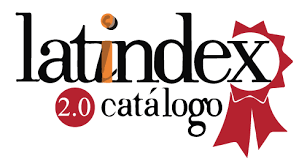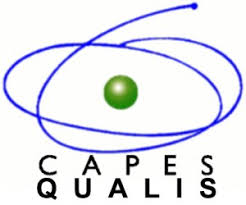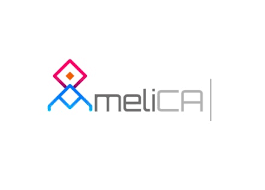A rewriting of Bildung from posthumanism: deconstruction and new theoretical horizons
DOI:
https://doi.org/10.35305/revistairice.vi44.1675Keywords:
Bildung, posthumanism, education, postmodernity, deconstructionAbstract
The elaboration of this writing is part of the current research entitled Rewriting Bildung in postmodernity based in the Faculty of Humanities and Arts of the National University of Rosario. This is a study that deepens the conceptual debate on the curriculum-didactic relationship from a postmodern perspective and advances towards a rewriting of Bildung considering new meanings for teaching, content and its relationship with knowledge as well as education for democracy and debates on new literacies. It should be noted that this paper presents partial results linked to the theoretical challenge of rewriting a concept typical of the 18th century, which emerged in Germany, from a posthuman perspective that questions social and educational processes typical of the 21st century.
From here, some ideas elaborated in the framework of the aforementioned research are presented, which start from the purpose of broadening the theoretical horizons of Bildung to problematize contemporary educational processes. For this, three sections are presented. First, Bildung is addressed as an epistemological, ethical and political concept. It then proceeds to carry out an exercise of deconstruction of Bildung as a universal, Eurocentric and modern metanarrative to, finally, draw theoretical lines that allow us to recognize the potentiality of Bildung towards posthuman senses in the so-called postmodernity. From this perspective, some contributions of posthumanism are recovered that enhance the projections of Bildung, turning it into a fertile concept to think about and question contemporary educational processes. Finally, some reflections are presented based on the proposed theoretical itinerary.
Downloads
References
Autio, T. (2007). Towards European Curriculum Studies: Reconsidering some basic tenets of Bildung and Didaktik. Journal of the American Association for the Advancement of Curriculum Studies, 3, 1-11. https://doi.org/kcm6
Bárcena, F. (2016). En busca de una Educación perdida. Homo Sapiens.
Biesta, G. (2002). How general can Bildung be? Reflections on the future of a modern educational ideal. Journal of Philosophy of Education, 36(3), 377-390. https://doi.org/fgs8ts
Bolivar, A. (2003). Retos actuales del Área de Didáctica y Organización Escolar en el ámbito universitario: experiencias, interrogantes e incertidumbres. https://goo.su/ELkCroe
Braidotti, R. (2015). Lo posthumano. Gedisa
Casimiro Lopes, A. (2013). Teorías poscríticas, política e currículo. Educación, sociedad y culturas, 39, 7-23. https://goo.su/QKOGEg
Deleuze, G., & Guattari, F. (1993). ¿Qué es la filosofía? Anagrama.
Derrida, J. (2011). El tiempo de una tesis. Deconstrucción e implicaciones conceptuales. Anthropos. (Obra original publicada en 1989).
Derrida, J., & Caputo, J. (2009). La deconstrucción en una cáscara de nuez. Prometeo.
Dónoan (2011). La deconstrucción como cifra de la indecibilidad. En J. Derrida, El tiempo de una tesis. Deconstrucción e implicaciones conceptuales (pp. 7-10). Anthropos. (Obra original publicada en 1989).
Dussel, I. (2004). Inclusión y exclusión en la escuela moderna argentina: una perspectiva posestructuralista. Cuadernos de Pesquisa, 34(122), 305-335.
Fabbre, M. (2011). Experiencia y formación: la Bildung. Revista Educación y Pedagogía, 23(59), 215-225. https://goo.su/wITHgD
Gentili, P. (2011). Marchas y contramarchas. El derecho a la educación y dinámicas de exclusión en América Latina. En Pedagogía de la igualdad. Ensayos contra toda educación excluyente (pp. 65-102). Siglo XXI; CLACSO.
Horlacher, R. (2014). ¿Qué es Bildung? El eterno atractivo de un concepto difuso en la teoría de la educación alemana. Pensamiento Educativo. Revista de Investigación Educacional Latinoamericana, 51(1), 35-45. https://doi.org/kcm7
Klafki, W. (1986). Los fundamentos de una didáctica crítico-constructiva. Revista de Educación, 280, 37-79. https://goo.su/cH8gD
Løvlie, L. (2002). The promise of Bildung. Journal of Philosophy of Education, 36 (3), 467-486. https://doi.org/fq9r5w
Lyotard, J. F. (2016). La condición posmoderna. Cátedra. (Obra original publicada en 1984).
Morelli, S. (2016). Lo político en el curriculum del siglo XXI. Revista de la Escuela de Ciencias de la Educación, 1(11), 29-46. https://doi.org/kcm8
Mouffe, C. (2009). En torno a lo político. Fondo de Cultura Económica.
Pinar, W. (2011). The character of Curriculum Studies. Bildung, currere, and the recurring question of the subject. Palgrave Macmillan.
Sianes Bautista, A. (2017). “Bildung”: concepto, evolución e influjo en la pedagogía occidental desde una perspectiva histórica y actual. Revista española de Educación Comparada, 30, 99-111. https://doi.org/kcm9
Sørensen, A. (2015). La Bildung según Habermas: publicidad, discurso y política. Revista Latinoamericana de Filosofía de la Educación, 2(3), 109-127. https://goo.su/qebvw
Taylor, C. (2016). Is a posthumanist Bildung possible? Reclaiming the promise of Bildung for contemporary higher education. Higher Education, 74, 419-435. https://doi.org/gbsjzg
Tröhler, D. (2013). Los lenguajes de la educación. Legados protestantes en la pedagogización del mundo, las identidades nacionales y las aspiraciones globales. Octaedro.
Vattimo, G. (2015). El fin de la modernidad. Nihilismo y hermenéutica en la cultura posmoderna. Gedisa. (Obra original publicada en 1985).
Vilanou, C. (2001). De la Paideia a la Bildung: hacia una pedagogía hermenéutica. Revista Portuguesa de Educação, 14(2). https://goo.su/RyiD
Published
How to Cite
Issue
Section
License
Copyright (c) 2023 Camila María Carlachiani

This work is licensed under a Creative Commons Attribution-NonCommercial-ShareAlike 4.0 International License.
Authors who publish with this journal agree to the following terms:
Authors will retain their copyright and grant the journal the right of first publication of their work, which will simultaneously be licensed under the Creative Commons Attribution-NonCommercial-ShareAlike 4.0 License.
Authors may enter into separate, additional non-exclusive licensing agreements for the distribution of the published version of the work (e.g., depositing it in an institutional repository or publishing it in a monographic volume), provided that the initial publication in this journal is acknowledged.
Authors are permitted and encouraged to disseminate their work online (e.g., in institutional repositories or on their personal websites) prior to and during the submission process, as this can lead to productive exchanges and increase the visibility and citation of the published work. (See The Open Access Effect).





















